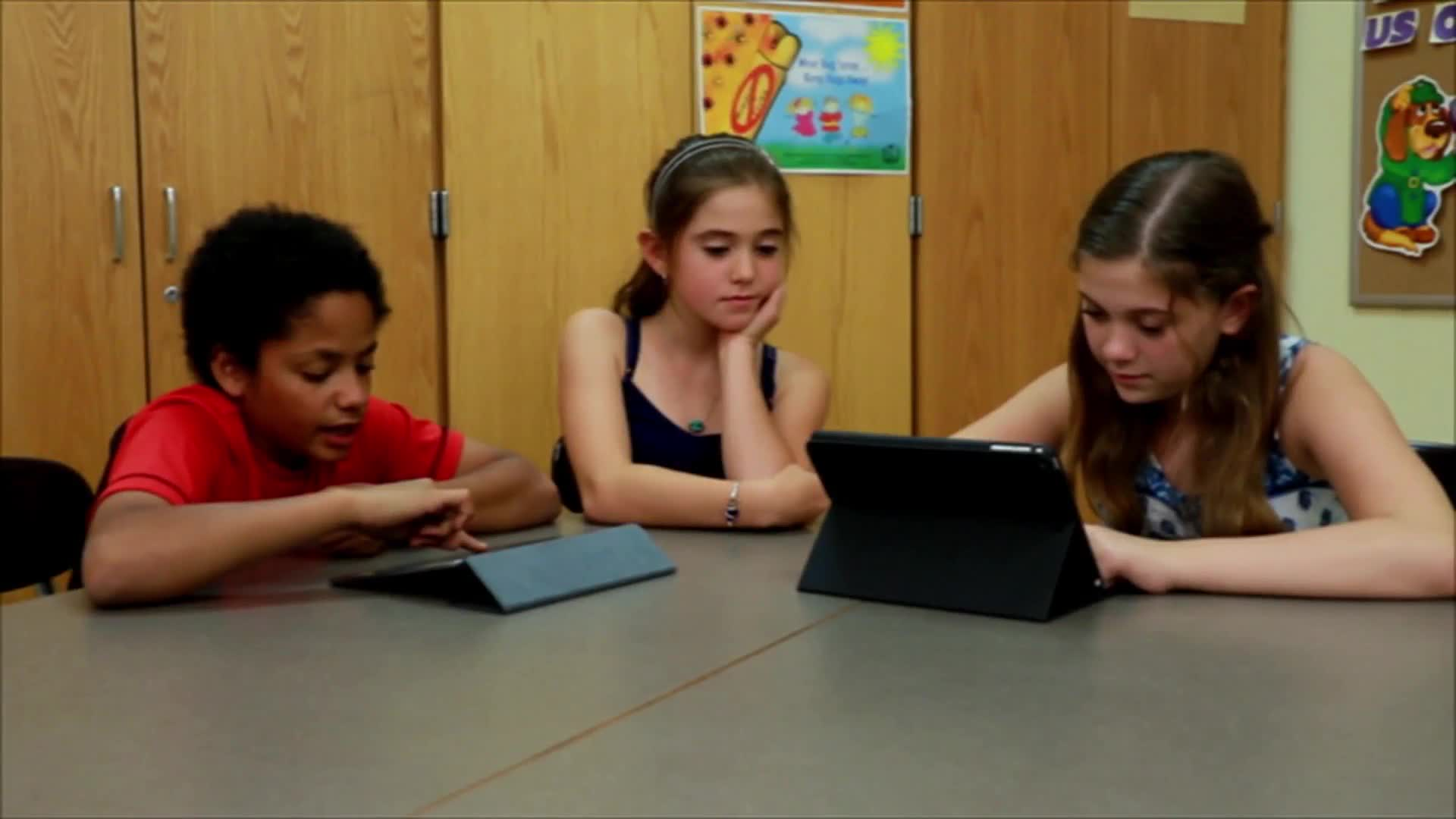Introduction
Teaching positive behavior in the classroom is essential for creating a supportive learning environment. Incorporating principles of Social-Emotional Learning (SEL) can help students develop self-awareness, self-management, and social awareness. In this blog post, we introduce a fun and engaging activity called “How We Act in School Bingo” that helps students learn about appropriate classroom behavior and encourages them to practice these behaviors in a playful way.
No-Prep Activity
“How We Act in School Bingo” is an easy-to-implement activity that requires no preparation or materials from the educator. To start, the teacher simply explains the rules of the game and the objective: to get four school behaviors in a row – up, down, across, or diagonal – and be the first to say “bingo!” The game can be played as a whole class or in small groups, and it encourages students to reflect on their own behavior and that of their peers.
During the game, the teacher presents various classroom scenarios, focusing on different students and their behaviors. For example, one scenario might involve a student raising their hand before speaking, while another might involve a student waiting their turn when they’re not called on. The students then discuss the important classroom behavior demonstrated in each scenario and mark it on their bingo boards. When a student gets four behaviors in a row, they call out “bingo!” and the game continues until everyone has had a chance to participate.
Discussion Questions
- Why is it important to raise your hand before speaking in class?
- How can waiting your turn and not speaking when you’re not called on demonstrate self-control?
- What are some other examples of positive classroom behavior that promote a supportive learning environment?
- How can practicing these behaviors help you and your classmates learn and have a good time in school?
- Can you think of any situations where it might be difficult to follow these classroom behaviors? How can you overcome these challenges?
Related Skills
In addition to the fundamental classroom behaviors covered in “How We Act in School Bingo,” there are other related skills that contribute to a positive learning environment. These include active listening, empathy, cooperation, and conflict resolution. By incorporating activities that teach these skills into your curriculum, you can further support students’ social-emotional development and foster a more inclusive and respectful classroom culture.
Next Steps
If you’re interested in exploring more activities that promote social-emotional learning in the classroom, we encourage you to sign up for free samples of our skill-based materials at Everyday Speech. These resources can help you provide engaging and effective lessons that empower students to develop positive behaviors and relationships, both in and out of the classroom.






